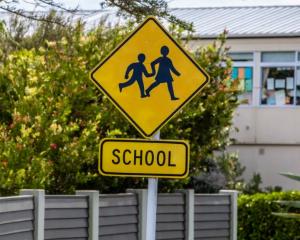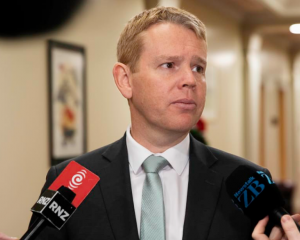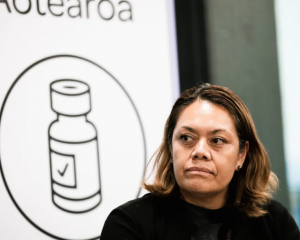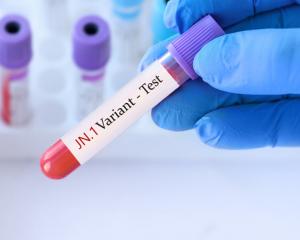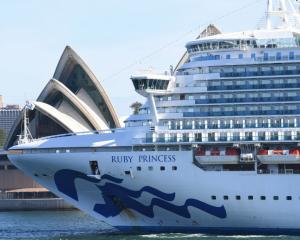Southern racing clubs are set to take a financial hit after New Zealand’s three racing codes announced only participants and essential staff would be allowed at its upcoming race meetings.
Only jockeys, drivers, trainers and their staff, essential race day staff and media would be allowed in the gates at race meetings across New Zealand, starting today, in an effort to reduce the potential spread of the Covid-19 virus.
The move is set to have a financial impact on southern thoroughbred, harness racing and greyhound racing clubs and their staff.
Dozens of on-course TAB staff that work at race meetings will not be employed at racecourses for the next month, as they have no on-course bettors to service.
No on-course betting means the loss of one income stream for most clubs, who rely on a percentage of money bet at their meetings for revenue.
Clubs will also go without the income they derive from hospitality services they provide at their race days.
A member of the New Zealand racing industry was diagnosed as having contracted Covid-19 last week.
It has been reported Auckland bloodstock agent and harness racing owner John Curtin is progressing well during his recovery.
Curtin is believed to have contracted the virus while in North America, where he attended harness racing events.
Harness Racing New Zealand (HRNZ) chief executive officer Peter Jensen said yesterday that the three codes had worked together to ensure race meetings could continue following the Government’s recommendation that public gatherings of over 500 be shut down.
“The codes recognise that we need to act in a socially responsible manner, while at the same time protecting the ability of our stakeholders to continue to earn a living.”
Otago is set to run its first race meeting behind closed doors on Monday.
The Beaumont Racing Club and Forbury Park Trotting Club are to hold a combined card of thoroughbred and harness racing at Wingatui.
The Otago Anniversary day meeting could have attracted more than 500 racegoers, including officials and participants.
Other smaller race meetings in Otago scheduled in the coming weeks were much less likely to have 500 people present.
While southern clubs and their staff will be hit in the pocket, the wider industry will not be as badly affected by racecourses being shut to the public.
Much of racing’s income is derived from betting away from race courses.
Betting will continue as normal at TAB outlets around New Zealand and via phone and online services.
Punters will still get their fix of races, which will continue to be broadcast on television and radio.
New Zealand Thoroughbred Racing (NZTR) has taken extra steps to ensure the safety of jockeys during the Covid-19 virus pandemic.
Weights in all thoroughbred races from today until April 13 will be raised 2kg above their normal handicaps.
That move is set to take pressure off jockeys who regularly compromise their health and wellbeing by wasting to ride at their horse’s allocated weights.
NZTR will require jockeys to seek permission to travel between the North and South Islands to ride.
“We have the support of our recognised industry organisations — the trainers, jockeys and owners — along with our racing clubs to take whatever steps that we can to provide an appropriate framework to allow racing to continue,” NZTR chief executive officer Bernard Saundry said.
“We recognise that these are extraordinary circumstances and they require extraordinary action.”


